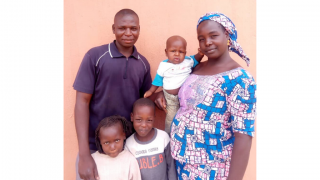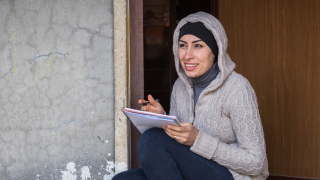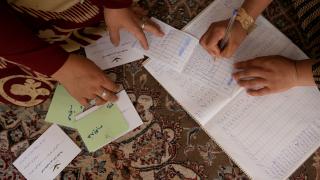My Name is Frishta
Isolation is deadly. Frishta lived with little support as she endured an abusive marriage.
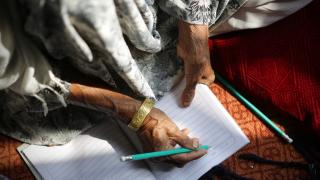
I give health advice to other women in my village who also didn’t have an education.
"Since enrolling, positive changes have come into my life, as well as my family members' lives. I’ve learned I have rights, and now I’ve been learning about decision-making."
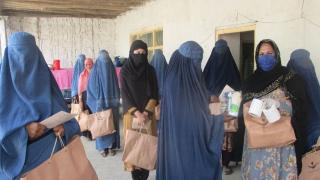
Frishta is one of many participants who received a hygiene kit to help protect her and her family from COVID-19.
Saratu
subtitle:
Saratu, our programme participant from Nigeria shares her experience of escaping Boko Haram, learning about health, business and gender equality and building a better life for herself and her family.
Women from our programme in Iraq share messages of hope with the global sisterhood.
Over 4,700 of our programme participants in Afghanistan were provided with crucial supplies against coronavirus. With these kits, women could put lessons about health and hygiene from our programme into practice, to protect themselves and their families from disease.

